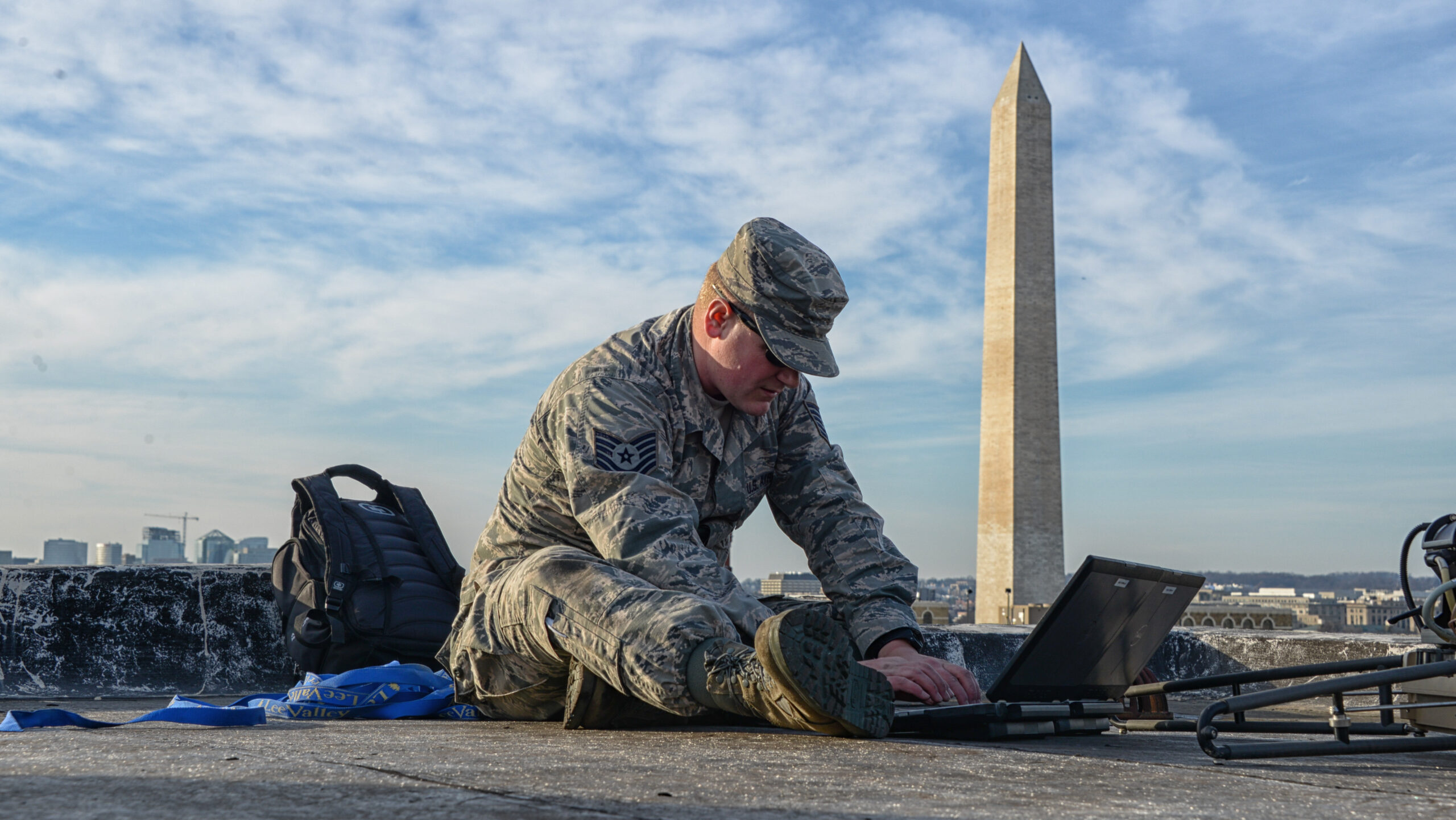Rear Adm. Mark A. Melson, Commander, Logistics Group Western Pacific/Task Force 73 (COMLOG WESTPAC/ CTF 73), left, gives a tour of the Sembawang Naval Installation (SNI) waterfront to Sasha Baker, Acting Under Secretary of Defense for Policy, during a 2023 stop in Singapore. (U.S. Navy photo/Heath Zeigler)
WASHINGTON — Sasha Baker, who has been acting as the Pentagon’s policy chief for almost a year, will leave the department at the end of April, Defense Secretary Lloyd Austin announced today.
Baker has been serving as the acting undersecretary of defense for policy since mid-2023, when Colin Kahl left the position. Baker’s decision to exit was first reported by Politico.
That she spent 10 months in such a high-profile job while keeping the seat warm is symbolic of the troubles the Biden administration currently faces in getting political appointees into office. Derek Cholet, a Biden State Department official, was nominated for the role in July.
“I urge the United States Senate to confirm Derek Chollet, our outstanding nominee to serve as Under Secretary of Defense for Policy,” Austin said in the statement. At this crucial moment for U.S. defense policy, the Department needs a confirmed principal adviser in this critical role.”
In a surprising move, the Pentagon will not elevate anyone from inside its policy shop to fill the role. Instead, Austin announced the department is tapping someone from outside the office: Amanda Dory, currently Director of the Africa Center for Strategic Studies at the National Defense University.
Dory, who was tapped for that position in mid-2022, is a career civil servant and not a political appointee; her previous role was as Principal Deputy Assistant Secretary of Defense for Indo-Pacific Security Affairs. Now, she will find herself in charge of what is sometimes described as the third most influential job inside the Department of Defense.
“Acting Under Secretary Baker was asked to step into a difficult and critical position, and she has been a pillar of strength and wisdom,” Austin said. “Under her leadership, our Policy team has helped the Department navigate a range of complex global challenges, including major crises in Ukraine and the Middle East. Her strategic acumen and steadfast commitment to our national security have helped her play a pivotal role in shaping our defense policies, tackling emerging threats, and strengthening interagency relationships and international alliances.”











